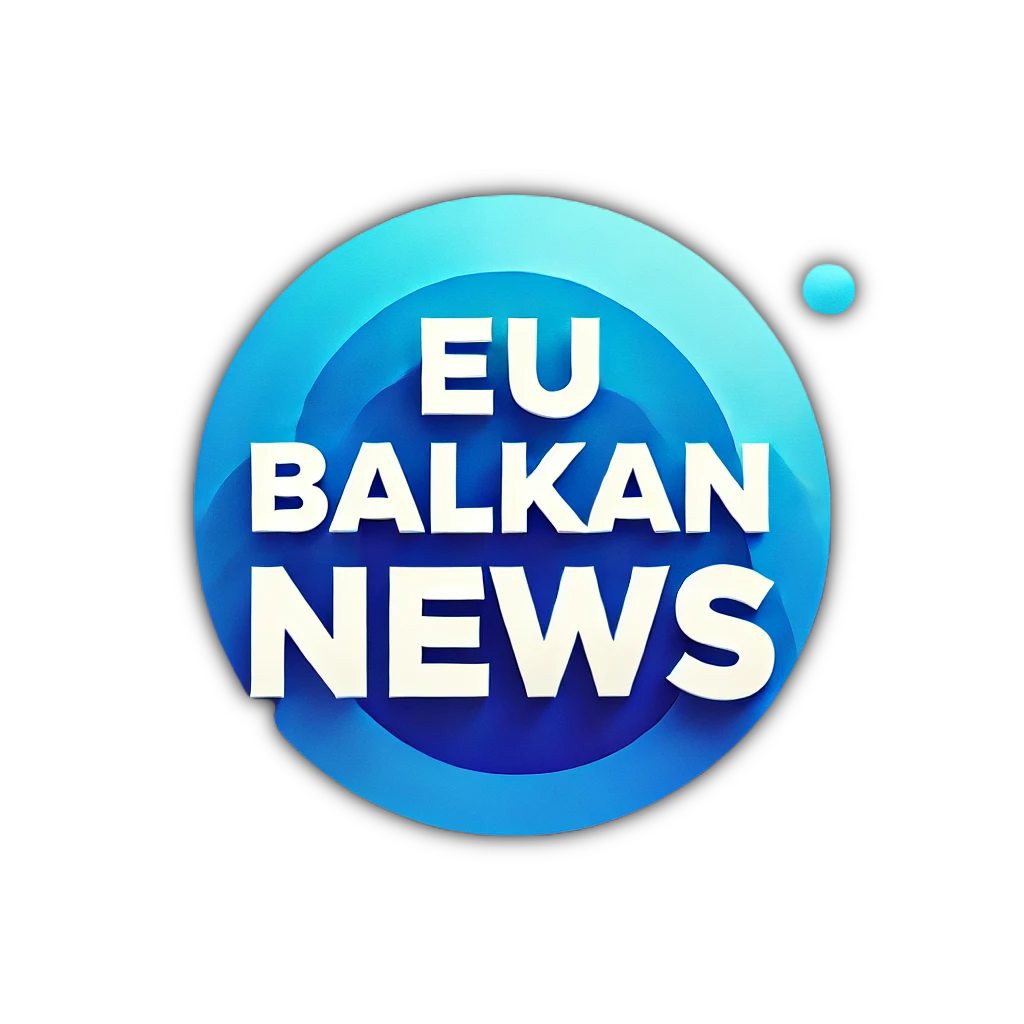European Union leaders recently convened with their counterparts from the Western Balkans in Brussels, sparking renewed hopes for EU accession among the region’s nations. As discussions unfolded, leaders expressed a mix of ambition and impatience regarding their aspirations to join the bloc, particularly with Montenegro aiming for membership by 2028.
Key Takeaways
- Montenegro is leading the charge for EU membership, targeting 2028 as its goal.
- EU officials emphasize the need for alignment with EU foreign policy, especially regarding support for Ukraine.
- Financial aid of €6 billion is earmarked for the Western Balkans to encourage reforms and economic cooperation.
Renewed Ambitions for EU Membership
Montenegro’s President Jakov Milatovic articulated a strong desire for his country to join the EU by 2028, describing the target as ambitious yet achievable. He noted a shift in the atmosphere in Brussels, suggesting that the EU is more receptive to the region’s aspirations than in previous years.
The six countries of the Western Balkans—Albania, Bosnia-Herzegovina, Kosovo, Montenegro, North Macedonia, and Serbia—are all vying for EU membership. However, despite the positive rhetoric, EU leaders refrained from making concrete commitments during the summit.
The EU’s Strategic Interests
European Council President Antonio Costas highlighted that enlargement is a crucial geopolitical investment for peace, security, and prosperity in the region. The EU aims to counterbalance the influence of Russia and China, which have been actively engaging with the Western Balkans.
Serbia’s historical ties to Moscow complicate its relationship with the EU, as it has not imposed sanctions on Russia despite condemning its actions in Ukraine. This situation underscores the delicate balance the EU must maintain in its dealings with the region.
Financial Support and Economic Cooperation
To bolster its influence, the EU has pledged €6 billion in loans and grants for the Western Balkans from 2024 to 2027. This financial support is contingent upon the completion of necessary reforms, particularly in the areas of rule of law and fundamental rights.
The EU’s strategy includes leveraging economic cooperation agreements to bring the region closer to the bloc, as it currently accounts for approximately 70% of the Western Balkans’ trade and is the largest investor in the area.
Challenges Ahead
While the summit focused on economic growth and regional cooperation, it did not address specific issues related to the EU accession process, such as the constitutional changes required by North Macedonia. The EU has emphasized the importance of fulfilling these criteria to advance the negotiation process.
The need for reconciliation and good neighborly relations remains paramount, as highlighted in the proposed "Brussels Declaration." The EU continues to encourage the Western Balkan countries to resolve historical disputes and work collaboratively towards a shared future.
In conclusion, while the Western Balkans are experiencing a renewed sense of hope regarding EU membership, significant challenges remain. The path to accession will require sustained efforts in reform, cooperation, and alignment with EU policies, as the region navigates its complex geopolitical landscape.
Sources
- West Balkans dare to hope on joining EU with mood ‘sort of’ changed, MSN.
- Lopatka: Montenegro’s membership would unblock the stalled EU enlargement process and bring the Western Balkans closer to Europe, Vijesti.me.
- The EU – Western Balkans summit will not discuss the constitutional changes that North Macedonia must make – Telegraph – Telegraph, Telegrafi.

